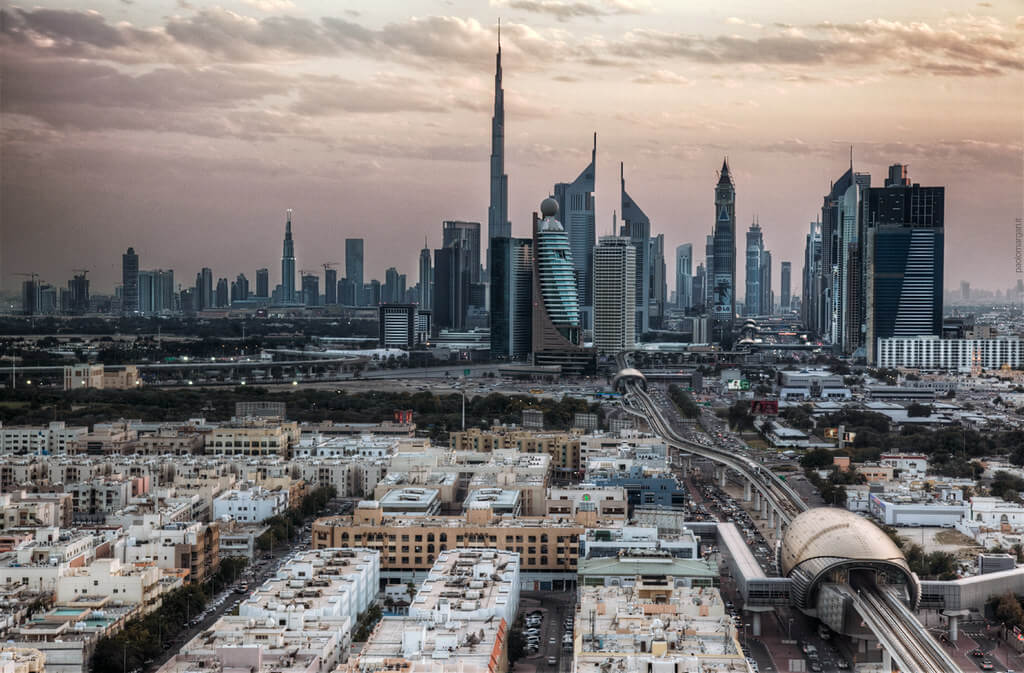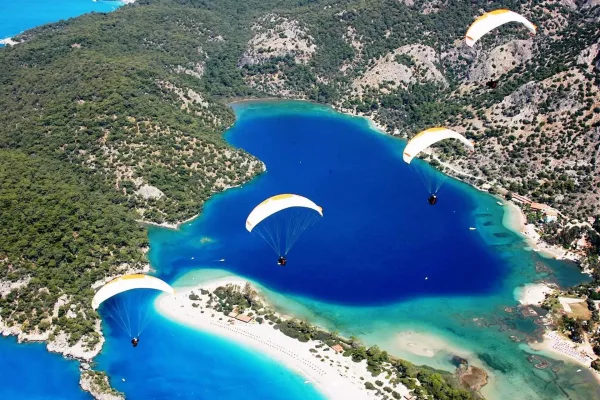The history of luxury real estate in the United Arab Emirates, particularly in Dubai, is a whirlwind of ambition, innovation, and transformation. Here’s a breakdown:
Early Seeds (Pre-2000s):
- Modest Beginnings: Before the oil boom, luxury real estate was almost non-existent, with traditional houses and limited development.
- Oil Wealth Fuels Growth: The discovery of oil in the 1960s brought immense wealth, spurring initial development, but luxury focused more on amenities like private beaches and pools.
Shifting Gears (2000s – Mid-2010s):
- Freehold Revolution: In 2002, Dubai introduced freehold ownership for foreigners in designated areas, sparking a massive influx of international investors.
- Boom Time: This triggered a decade-long boom, with iconic projects like Burj Khalifa, Palm Jumeirah, and Emirates Towers redefining luxury.
- Architectural Extravaganza: Developers pushed boundaries with innovative designs, artificial islands, and ultra-modern amenities like helipads, underwater spas, and private cinemas.
- Global Aspirations: Dubai positioned itself as a luxury lifestyle destination, attracting celebrities, billionaires, and high-net-worth individuals.
Navigating Challenges (Mid-2010s – Present):
- Global Financial Crisis: The 2008 crisis hit the market hard, causing a price correction and project delays.
- Diversification & Market Maturation: Developers diversified offerings with boutique developments, family-oriented communities, and more affordable luxury segments.
- Emerging Markets: Focus shifted to regional investors from China, India, and Russia, alongside established Western markets.
- Sustainable Luxury: Emphasis on environmental consciousness, wellness amenities, and smart-home technology emerged as new luxury attributes.
luxuary real estate in United Arab Emirates – Present & Future:

- Post-Pandemic Boom: The pandemic initially caused a dip, but Dubai’s proactive measures and economic resilience led to a strong rebound, with luxury properties seeing high demand.
- Technology & Innovation: Virtual reality tours, blockchain-powered transactions, and AI-driven property management are shaping the future of the market.
- Geopolitical Influences: Global instability and political alliances can impact luxury real estate trends, attracting new investor segments.
Key Takeaways:
- The UAE’s luxury real estate scene is a relatively young market with a meteoric rise, driven by oil wealth, strategic policies, and audacious vision.
- Innovation, architectural marvels, and global appeal have been crucial to its success.
- The market has adapted to challenges, diversifying offerings and embracing new trends like sustainability and technology.
- The future of UAE luxury real estate promises continued growth, fueled by emerging markets, technological advancements, and Dubai’s unwavering ambition.
Q&A
Can foreigners buy property in UAE?
Yes, foreigners can buy property in the UAE, but with some restrictions:
- Location: Ownership is limited to designated freehold areas in each emirate. Popular freehold areas include Dubai Marina, Palm Jumeirah, and Yas Island in Abu Dhabi.
- Type of property: Freehold ownership is generally allowed for apartments and villas, but not for land in most cases.
- Nationality: Some emirates have restrictions on nationalities eligible for freehold ownership.
- Overall, the UAE offers a welcoming property market for foreign investors, with a wide range of luxurious options available.
Here are some additional details to keep in mind:
- Foreign ownership typically grants long-term residency visas, making it an attractive option for those seeking a base in the UAE.
- The specific rules and regulations can vary between emirates, so it’s important to consult with a local real estate expert before making any purchases.


3 comments
Rachel
Interesting overview of the luxury real estate development in the UAE. The rapid growth and innovation in the sector are truly impressive, showcasing the country’s commitment to luxury living.
Michael
Elizabeth